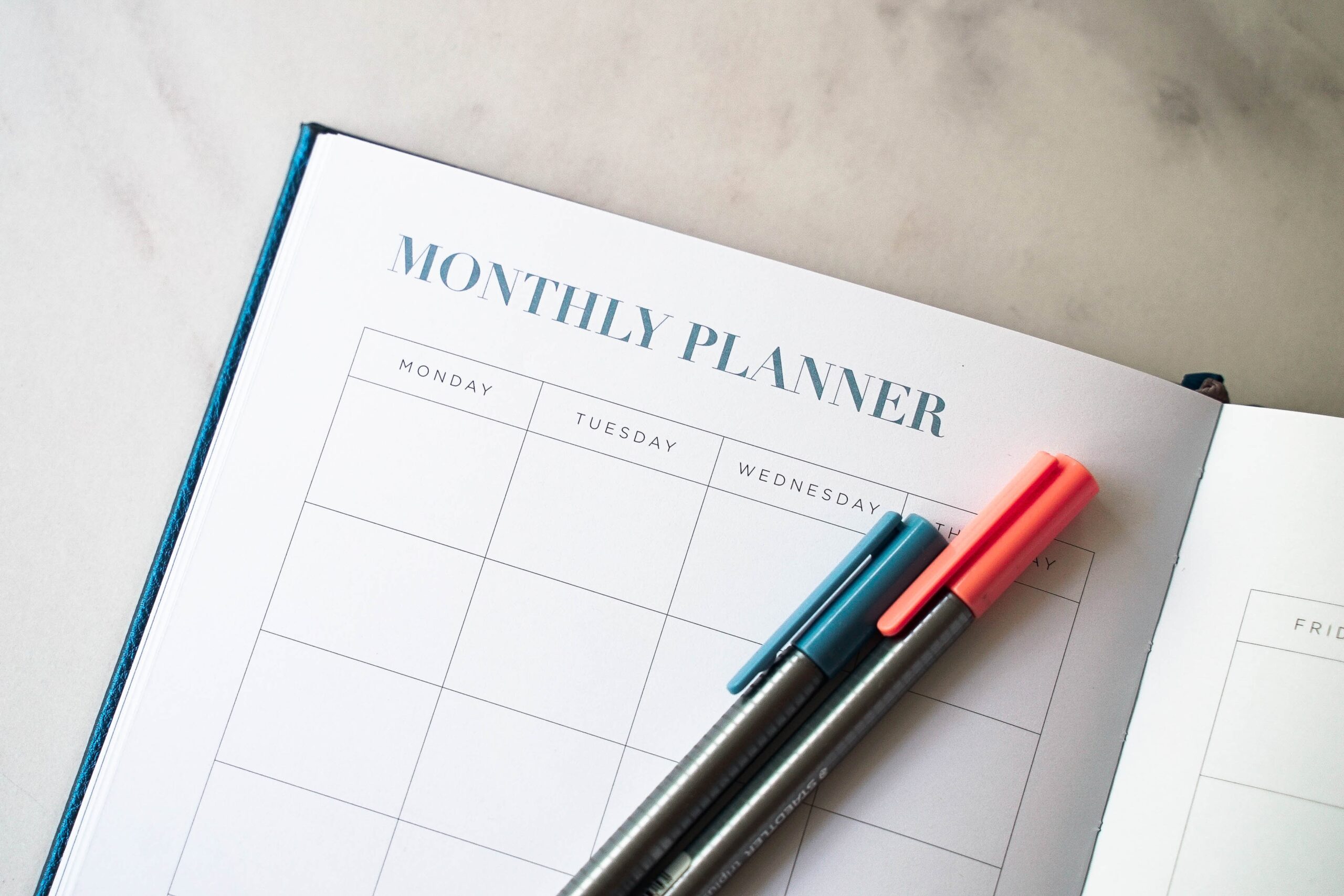Achieving financial stability and success requires effective financial management. It involves creating a budget, tracking expenses, and making informed financial decisions.
Getting a month ahead of expenses can help identify areas to cut costs and adjust budgets. Effective financial goal setting involves creating a roadmap for achieving your financial objectives.
Monitor your spending habits and categorize your expenses for effective expense tracking. Making informed financial decisions requires careful analysis and evaluation of different options.
Advancing your expenses by one month can increase financial stability, reduce stress, and promote financial freedom. A financial cushion provides protection against debt. Accurate financial records are key to crafting a personalized financial strategy.
Financial flexibility provides the freedom to adjust your budget without sacrificing your financial goals. Establishing clear financial goals provides direction and purpose for your financial decisions.
Understanding the Concept of Being A Month Ahead of Expenses
Having enough money saved to cover expenses for the next month is a financial management strategy. By consistently setting aside funds each month, you can build up a financial buffer that will enable you to get a month ahead of your expenses over time.
Achieving financial stability and control can be challenging, but getting a month ahead of expenses can provide significant advantages. Building a cushion of savings to cover future expenses can help individuals avoid the stress of unexpected financial difficulties.
Better financial planning also enables you to plan and make informed financial decisions. Being a month ahead of expenses is a financial management strategy that offers numerous advantages.
Getting a month ahead of expenses can alleviate financial stress and improve planning. Reach financial stability and success by creating a budget, tracking expenses, and allocating funds for the upcoming month.
Steps to Get A Month Ahead of Expenses
The most important details in this text are the steps needed to get a month ahead of expenses. Analyzing your expenses is a crucial step in achieving financial control and success.
Develop a budget plan out lining your monthly income, expenses, and desired savings. This budget should include all essential expenses, as well as funds for unexpected expenses.
Creating a buffer can help you make adjustments to your spending habits and reduce expenses, freeing up funds to build a buffer. Building a buffer is the key to getting a month ahead of expenses.
It involves saving enough money to cover all essential expenses for the next month. Build an emergency fund to prevent financial stress caused by unforeseen expenses. Adjusting your spending habits is an essential component of getting a month ahead of expenses.
This involves changing spending patterns and finding ways to reduce expenses.
Modifying your spending habits can help you redirect funds towards financial goals. Take charge of your finances with these steps towards stability and success.
Tips for Staying A Month Ahead of Expenses
Having a month ahead of expenses can help reduce financial stress, improve financial planning, and increase financial stability. However, staying a month ahead of expenses requires continuous effort and commitment.
To maintain a month-ahead expense buffer, regularly reviewing and tweaking your budget is crucial. Additionally, it is important to continuously build your buffer by allocating a portion of your income towards savings regularly.
Building enough savings to cover essential expenses for the next month is important. Practicing mindful spending is an essential component of staying a month ahead of expenses. It involves being mindful of your spending habits and making informed financial decisions.
Mindful spending involves being conscious of your spending and making intentional choices. By practicing mindful spending, you can free up funds that can be used to build your buffer or achieve other financial goals.
Staying a month ahead of expenses is an effective financial management strategy that requires continuous effort and commitment. We explore reviewing and adjusting your budget, continuously building your buffer, and practicing mindful spending, can help you stay on track towards achieving financial stability and success.

